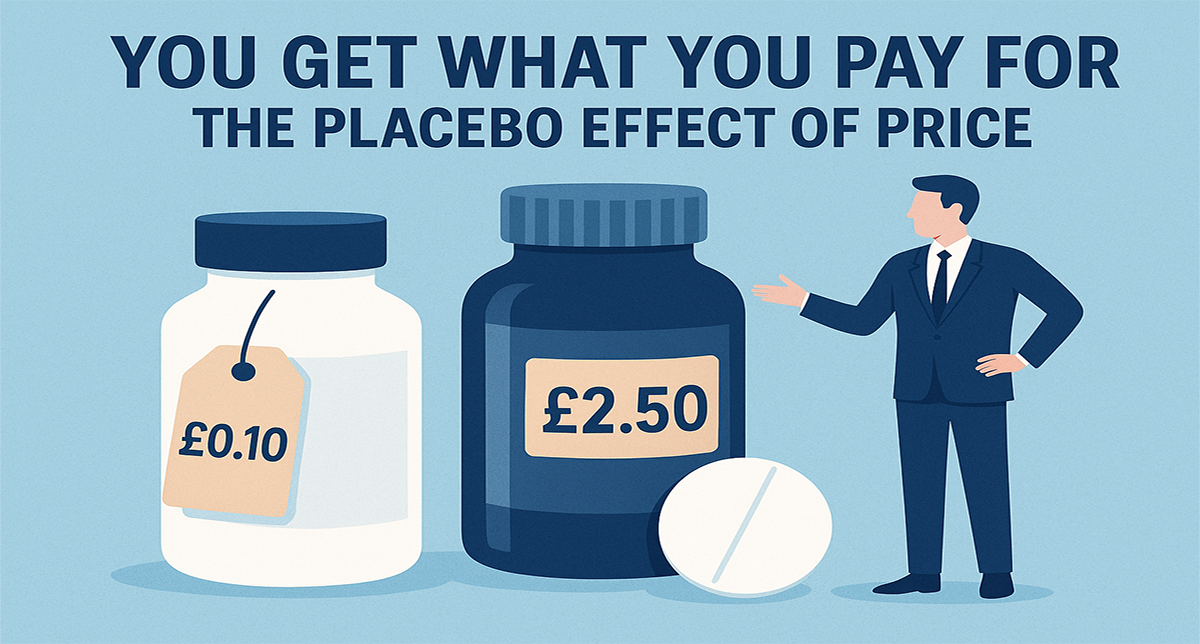Have you ever walked through the aisles of the supermarket and noticed that almost every product is labelled as “gluten-free,” “high protein,” or “made with whole grains?” It seems like every box and bag is trying to alert us to the nutrients they do or don't contain.
You might think that you're pretty good at distinguishing healthy products from not-so-healthy ones, but recent research shows that advertising on packaging can be more persuasive than you might think. A study found that these health claims really do make us see a product as healthier, even if it's not actually healthy at all.
Researchers noted that more than 80 percent of packaged snacks make health-related claims, and regulations on what can be considered "healthy" are pretty relaxed. Essentially, as long as a product is low in saturated fat or contains at least 10 percent of just two vitamins, regulators consider it healthy. And as long as a food contains 10 percent or more of any nutrient, it can be labelled as a “good source” of that nutrient. (That means even a double-chocolate donut from Dunkin' Donuts could be considered a "good source" of iron!)
Healthy by Presence or Absence
Researchers drew on the literature examining consumers’ responses to food claims. They first considered the extent to which a food claim focuses on positive attributes that are present in (or added to) the food, or on negative attributes that are absent (or removed) from it. These attributes can be nutrients such as protein or fat, ingredients such as sugar or additives, or any other characteristic of the food that is perceived as either positive (e.g., “pure”) or negative (e.g., “processed”) from a health standpoint.
Healthy by Nature or Science
The second dimension distinguished between claims promising that the food is healthy because the natural qualities of the food have been unaltered (nature focus) or because the food has been scientifically improved (science focus).
Researchers used breakfast cereals as an example. They created five different fake brands of cornflakes, each with a different health claim. Then they asked 600 participants to pick the healthiest option for both weight loss and taste.

The study found that nature related claims like "wholesome" or "organic" were more effective than scientific health claims like "gluten-free" or "high protein." People tend to associate organic foods with being healthier, even though that's not always the case. However, the scientific claims did have a strong pull on certain populations. For example, “high protein” labelling appeals to those who are looking to build muscle, while “gluten-free” is important for people with celiac disease or gluten sensitivity.

Food claims that focus on things added and are science based result in the item being perceived as healthier and tastier, but less effective at helping consumers lose weight or stay thin.
Overall, this study highlighted the problem of "nutritionism," which is when we focus on specific characteristics of food rather than the food itself to determine its health status. So next time you're at the supermarket, try not to be swayed by all those health claims on the packaging!
Adcock Solutions have been improving the marketing communications of leading brands and retailers for more than 25 years. We explain how your customers think and make decisions so that you can engage with them more effectively.
Come to us for Behavioural Science insights and expertise that improve your brand's visibility, appeal, engagement, and sales.






